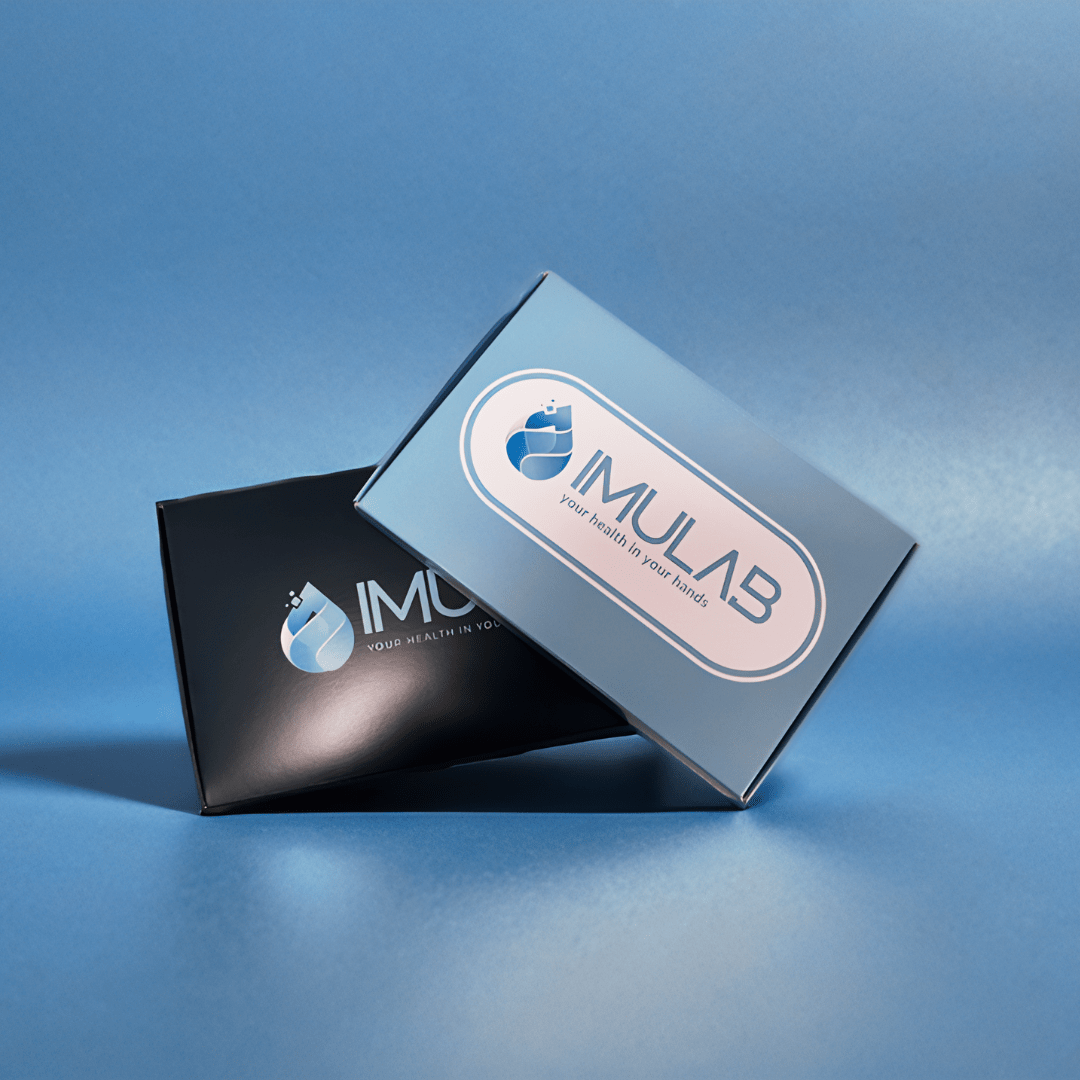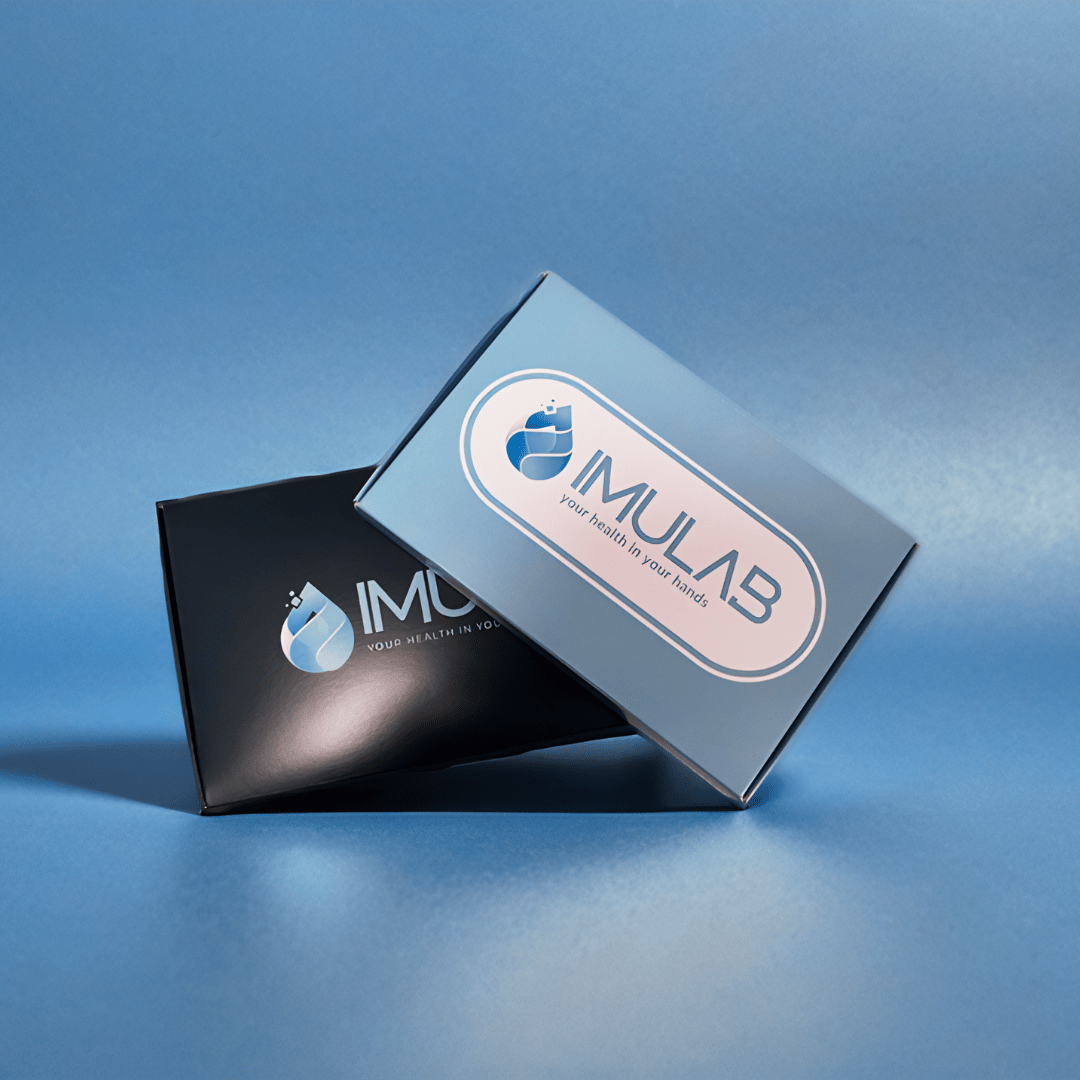IMULAB
Male Hormones
Male Hormones
How do you want to take your sample?
Please choose one option below-
Collect your own sample at home Free
Self sampling kit containing everything you need to take your own finger prick blood sample sample at home.
-
Sample collection at a Superdrug Clinic +£35.00
Visit one of Superdrug's clinics across the UK where a healthcare professional will take your sample from a vein in your arm. We’ll email you instructions on how to book after we’ve processed your order.
-
Sample collection at home with a nurse +£59.00
Book an appointment for one of our nurses to visit your home and take your blood sample from a vein your arm.
-
Sample collection with your own healthcare professional Free
Make an appointment with a healthcare professional of your choice to have your venous blood sample taken. You will be responsible for arranging your appointment and any additional fees.
Couldn't load pickup availability
✅ Results expected within 2 working days
Our Male Hormone Blood Test measures key male and adrenal hormones, providing insights into factors that influence sex drive, mood, muscle mass, and energy levels.
If you're experiencing symptoms such as low libido, fatigue, mood swings, or changes in muscle strength, or simply want to check your hormonal health, this test can offer valuable information.
Convenient Testing Options:
- At-Home Finger-Prick Sample: Quick and easy to do yourself.
- Superdrug Partner Clinics: Available across the UK for professional venous sample collection.
- Home Nurse Visit: Arrange for a nurse or your healthcare professional to collect a venous sample in the comfort of your home.
Your results will normally be ready within two working days of receipt of your sample at our laboratory and delivered to you securely via our online patient portal, ensuring privacy and easy access.
Take control of your hormonal health—order your Male Hormone Blood Test today.



Hormones
Testosterone
Free testosterone-calculation
Free androgen index
The free androgen index (FAI) is a calculated value that estimates the level of biologically active or "free" testosterone in the blood. Testosterone is an androgen hormone responsible for male sexual characteristics and is also present, although in smaller amounts, in females.
The FAI is determined by dividing the total testosterone level by the level of sex hormone-binding globulin (SHBG) and multiplying the result by 100. SHBG is a protein that binds to testosterone and other sex hormones in the bloodstream, limiting their availability for biological activity.
Prolactin
Prolactin is a hormone that is synthesized in the pituitary gland and is involved in the regulation of reproductive functions. Its main function is to stimulate lactation after delivery, and it is common for prolactin levels to increase substantially during pregnancy and breastfeeding in women.
Oestradiol
Oestradiol is a steroid hormone that is primarily produced in the ovaries of women and to a lesser extent in the testes of men. It is one of three types of estrogen and has important functions in regulating the female reproductive system, as well as promoting breast tissue growth and maintaining bone density. Oestradiol levels naturally fluctuate throughout the menstrual cycle, peaking at ovulation in pre-menopausal women. As women age, their oestradiol levels decrease and eventually stop altogether with menopause. Low levels of oestradiol can lead to symptoms commonly associated with menopause such as hot flushes, night sweats, and mood swings. Additionally, low levels of oestradiol can increase the risk of developing osteoporosis.
FSH
LH
Luteinising Hormone (LH) is a hormone produced by the pituitary gland that plays a crucial role in male and female fertility. In females, LH levels increase sharply around the middle of the menstrual cycle, causing ovulation to occur. It is also responsible for the formation of the corpus luteum, which produces progesterone to prepare the uterus for pregnancy. In males, LH stimulates the production of testosterone in the Leydig cells of the testes, which is essential for the development of male reproductive organs and secondary sexual characteristics.
Adrenal Hormones
DHEA Sulphate
DHEAS, the sulfated variant of DHEA, is a hormone that is synthesized by the adrenal glands and contributes to male characteristics in both males and females. The levels of DHEAS progressively decrease starting at the age of 30.
Proteins
Albumin
Albumin is a protein produced mainly by the liver that helps to maintain the osmotic pressure of the blood, keeping water inside the vessels. It also aids in the transport of nutrients, medications, and other substances throughout the body, and is important for tissue growth and repair. Additionally, albumin carries hormones in the blood, and measuring its levels can provide information about the amount of hormone available to the tissues.
SHBG
SHBG (sex hormone binding globulin) is a protein produced by the liver that binds with sex hormones such as testosterone, estrogen, and dihydrotestosterone (DHT) in the bloodstream. When hormones are bound to SHBG, they become inactive and are not available for use by cells. Measuring the level of SHBG in the blood can provide important information about the levels of free or unbound hormones, which are biologically active and available for use.
Sampling special instructions
Prepare for your Men's Hormone Panel Blood Test by following the instructions contained within your kit. It is recommended to schedule the test at any convenient time. Fasting is not required for this test, but it is important to inform your healthcare provider about any medications or hormonal therapies you are currently taking, as they may affect the test results. Avoid vigorous exercise on the day before the test, as it may impact hormone levels. Ensure that you are well-hydrated before the test by drinking plenty of water. These instructions are essential to ensure accurate and reliable results for your hormone assessment.



